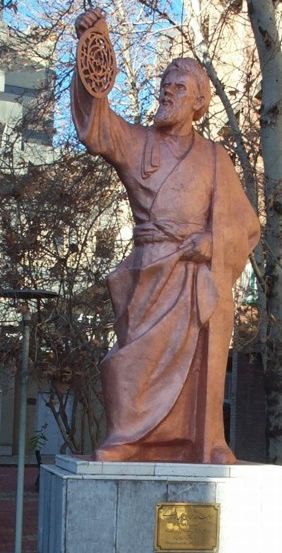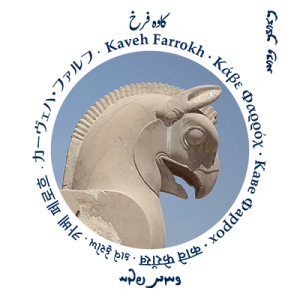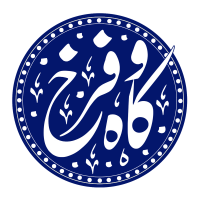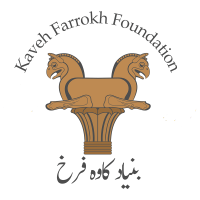Muḥammad Khwarazmi (c. 780 – c. 850) was a Persian scholar of mathematics, geography and astronomy. His works in mathematics laid the fundamental foundations of complex computing, without which modern-day technologies such as computers may not have arisen.
BBC Ideas program “Why Algorithms are called Algorithms” (Source: BBC Youtube link). In addition to being a mathematical genius, Khwarazmi is also known for having been an astronomer and geographer.
The following excerpt is from Kaveh Farrokh’s second textbook “Shadows in the Desert: Ancient Persia at War” (2007, page 278):
“Mohammad Khwarazmi (d. 844) was born in Khiva, capital of ancient Khwarazm (now in modern day Khorezm province in Uzbekistan), a region which was to be increasingly Turcified, especially after the Seljuk Turk arrivals. Not only did he lay much of the basis of modern Algebra (derived from Arabic Al-Jabr wa-al-Muqabilah), but made a number of important contributions such as the invention of the algorithm, the introduction of Hindu numerals and Zero to the Arabs, arithmetic procedures (e.g. fraction operations), trigonometric tables (i.e. sine functions), calculus (e.g. Conic sections, differentiation, etc).”

Statue of Khwarazmi in Tehran’s Amir Kabir University in Tehran (Source: M. Tomczak in Public Domain). Khwarazmi was born around 780 CE in the Persianate-region of Khwarezm (one of the regions that Khaldun described as being among the Persian countries). He passed away in Baghdad in around 850 CE.
For more on these topics consult … Learning, Knowledge and Sciences …



